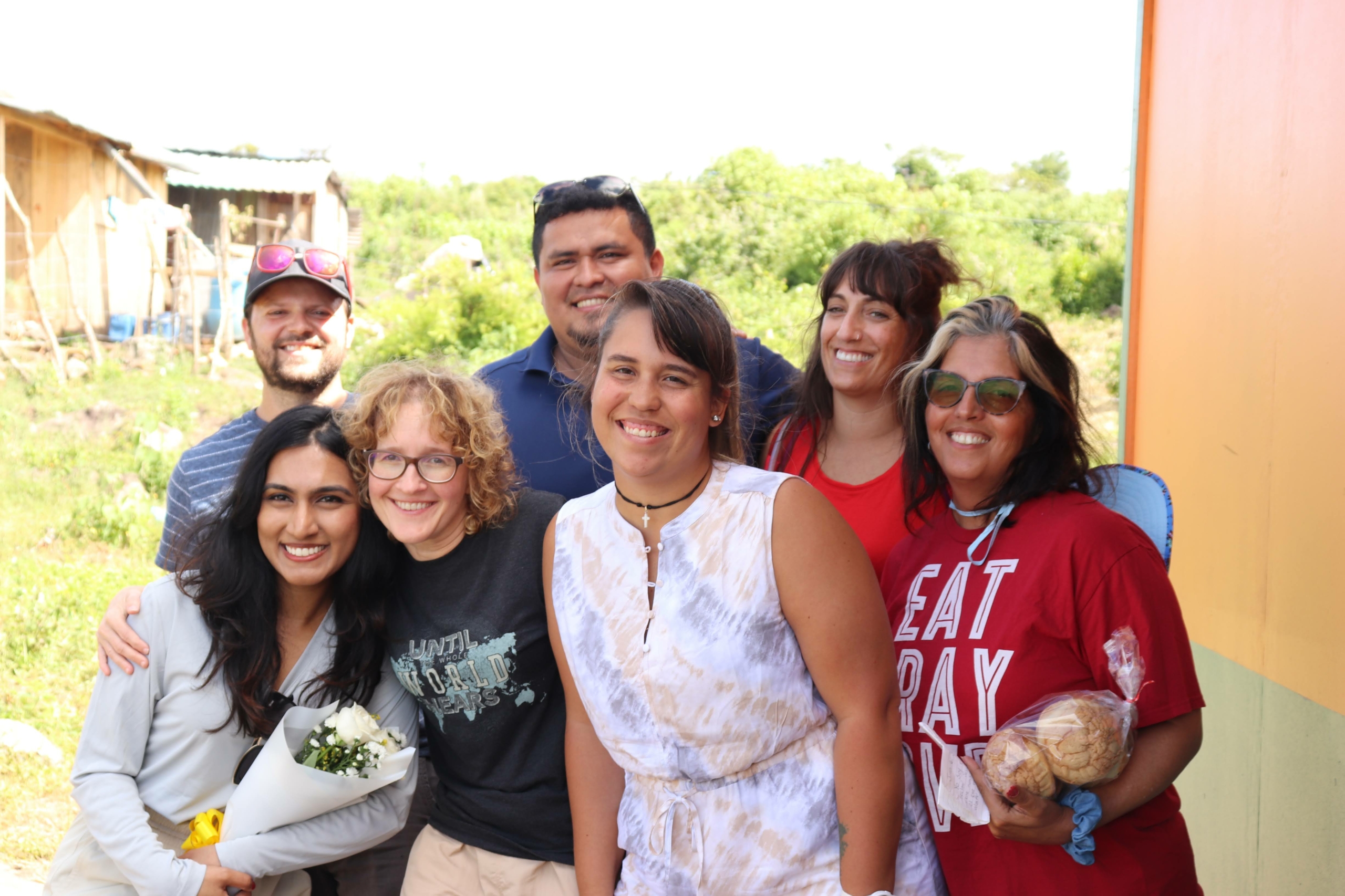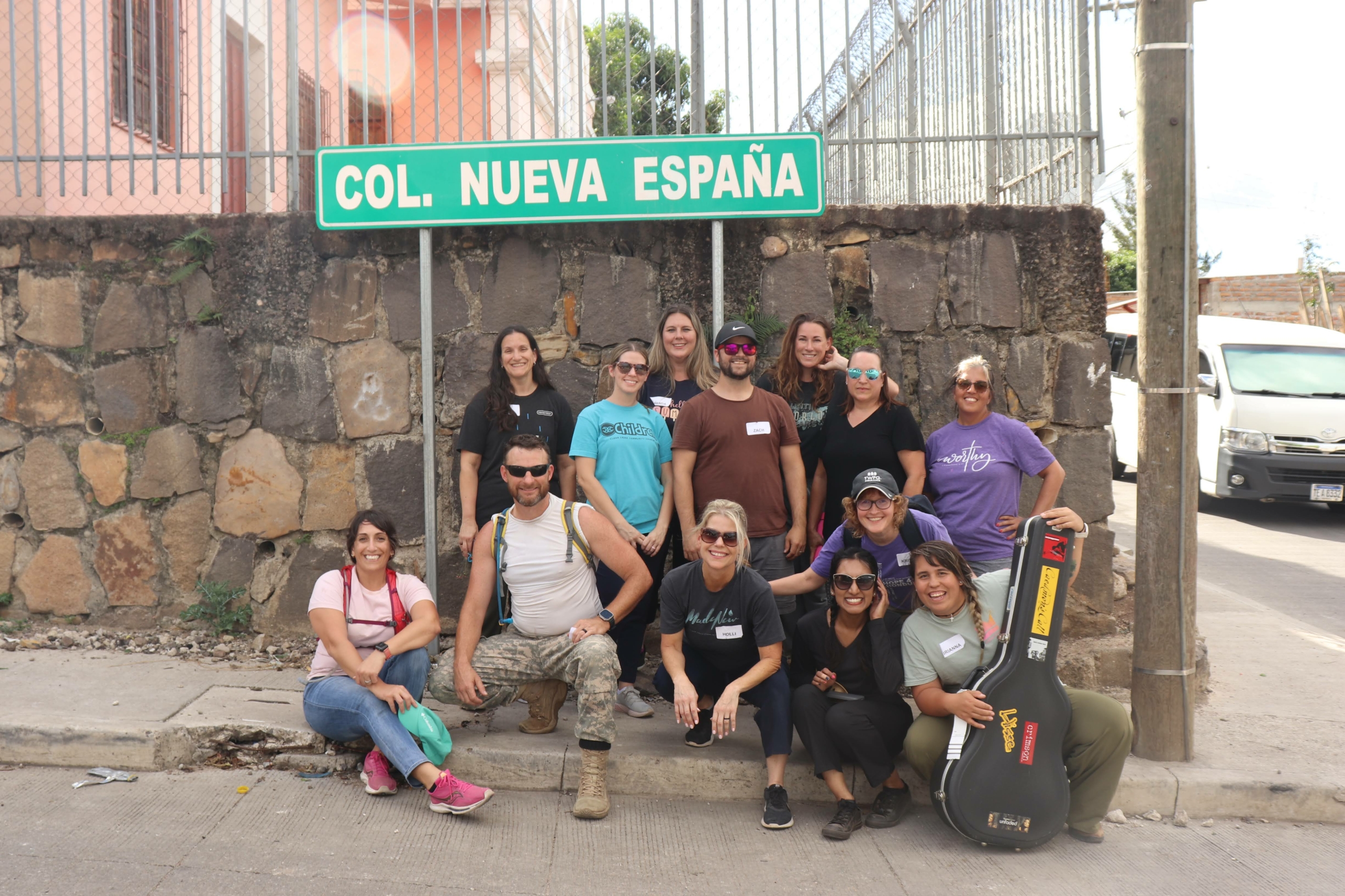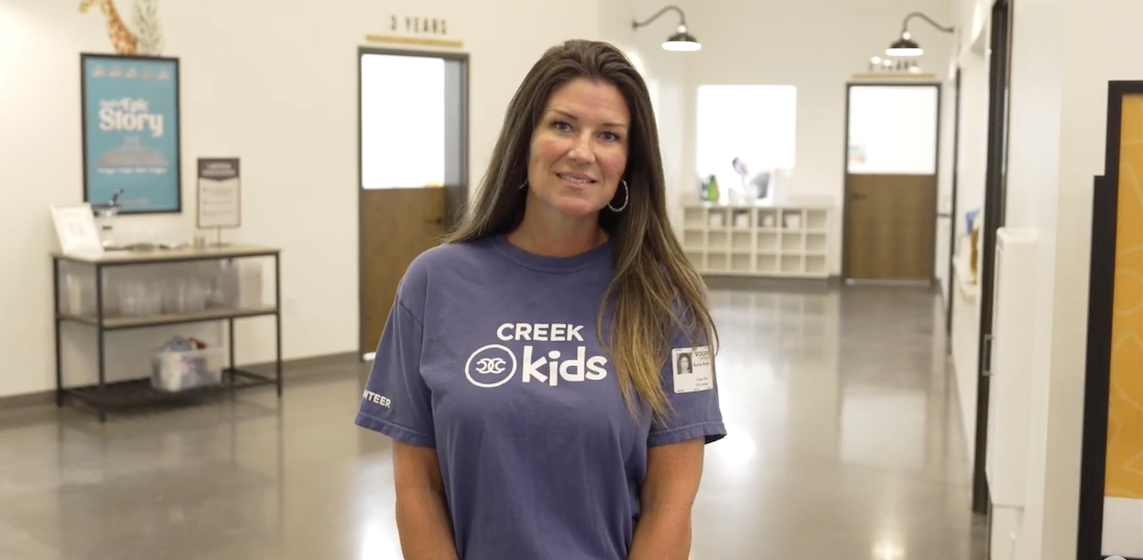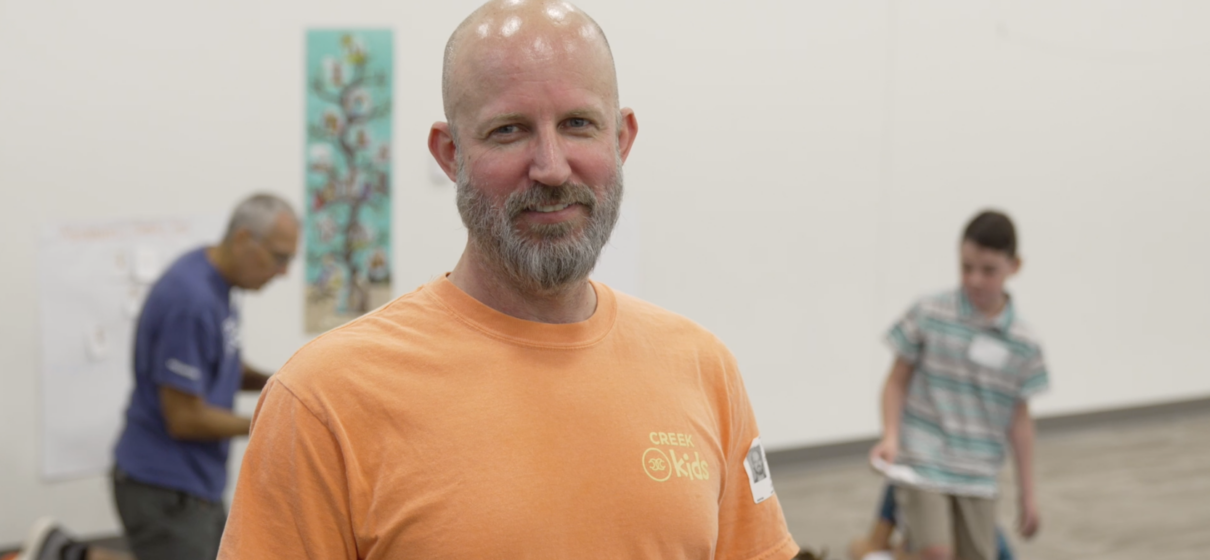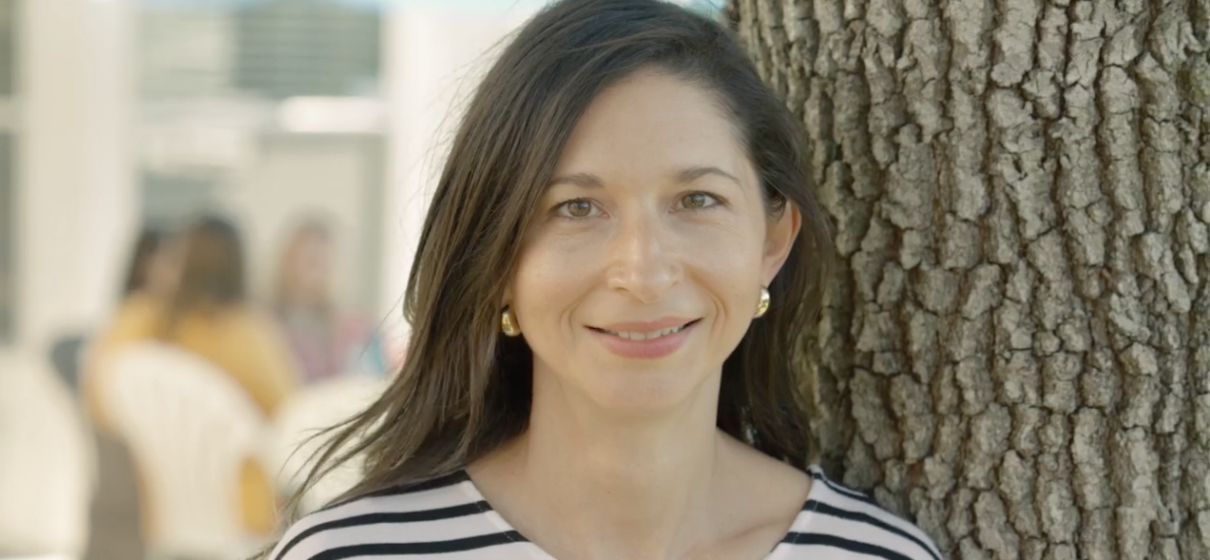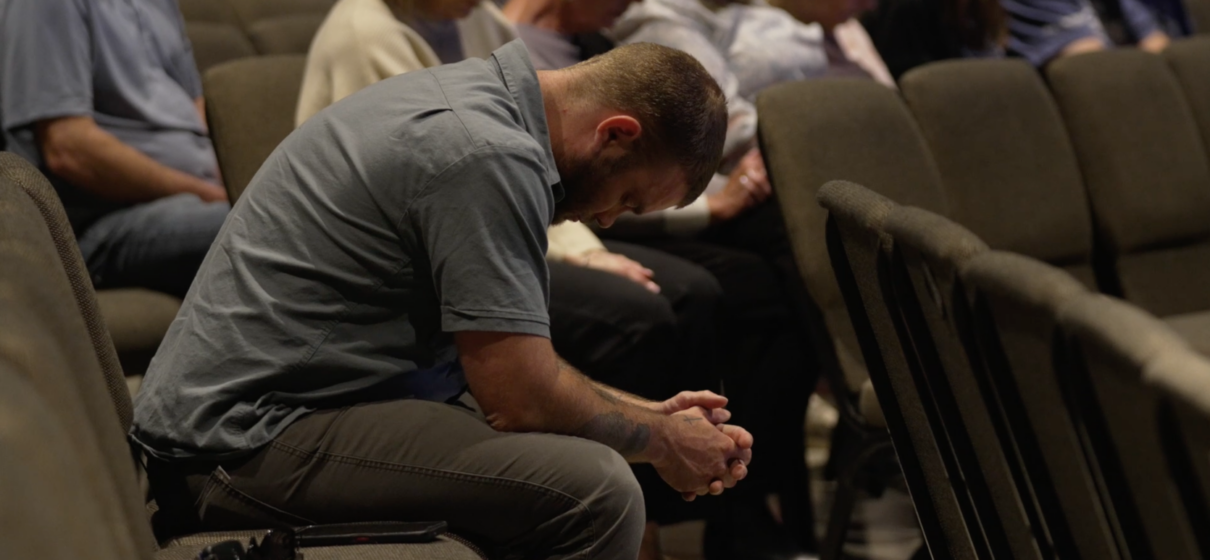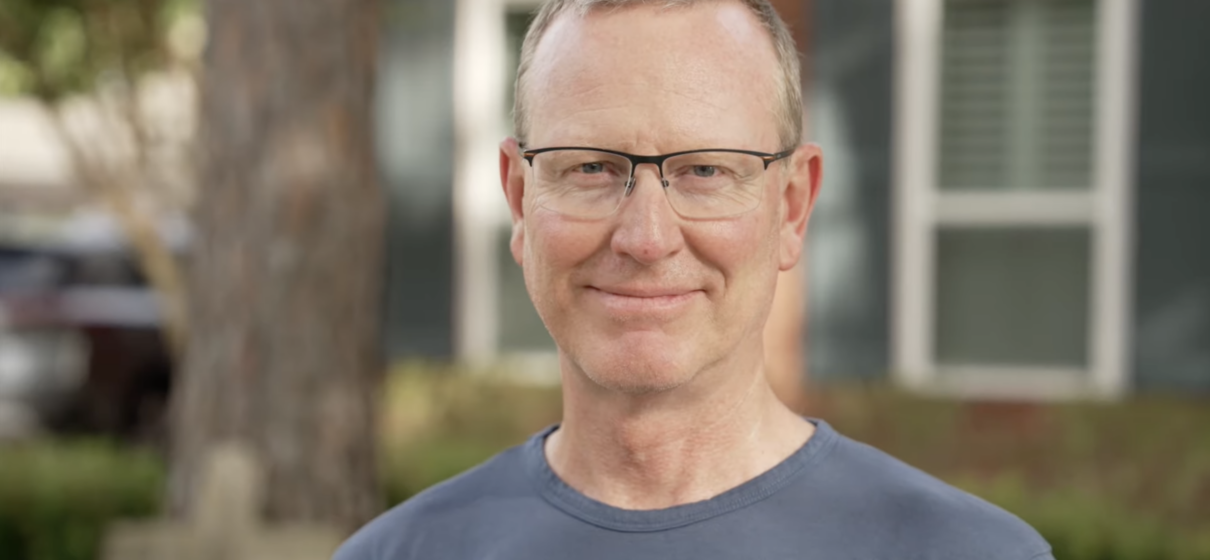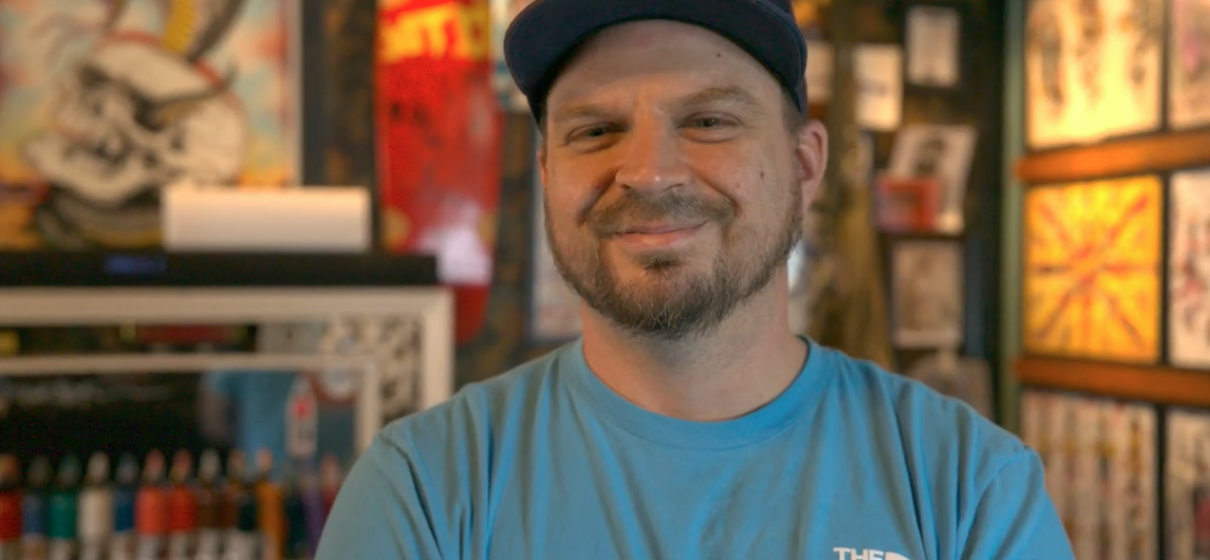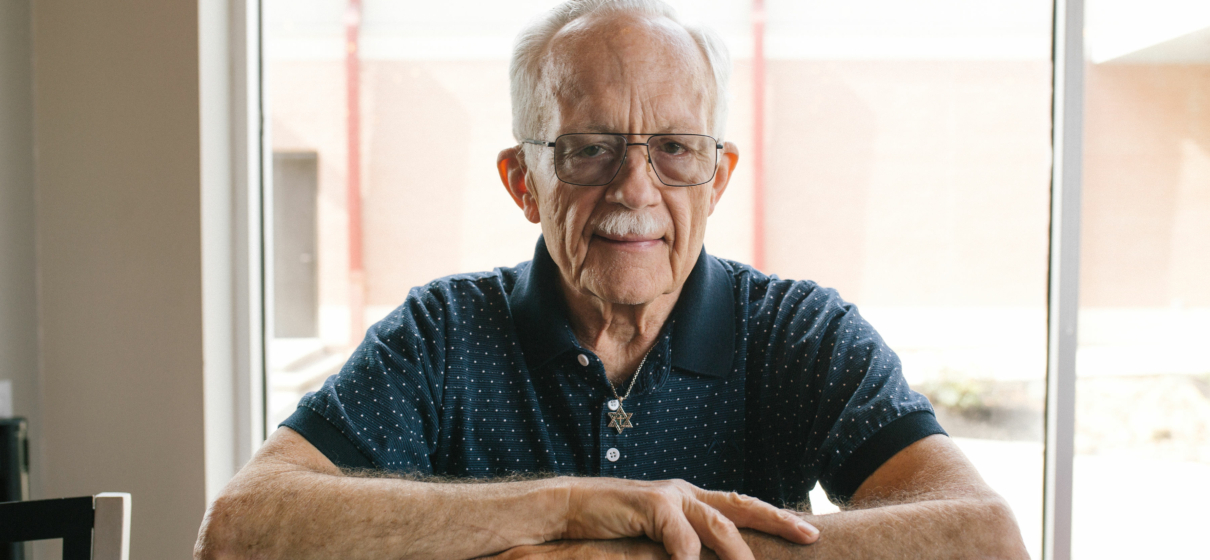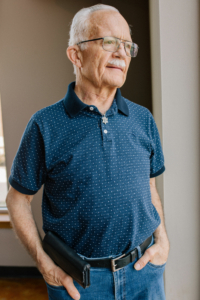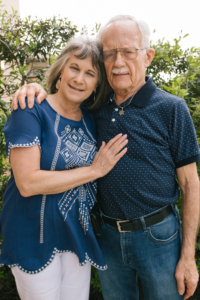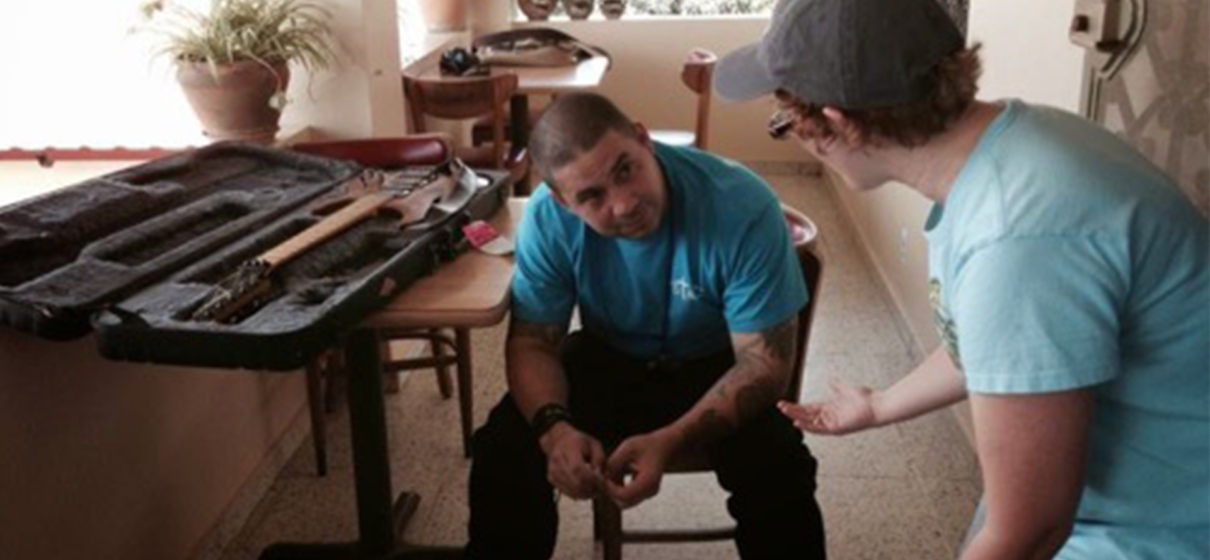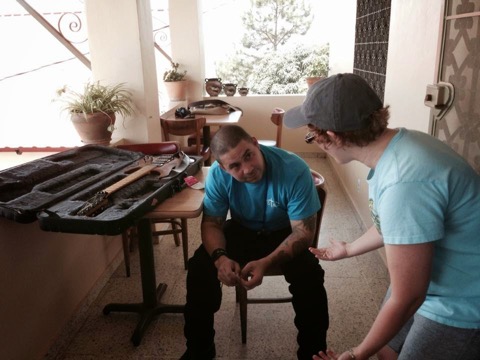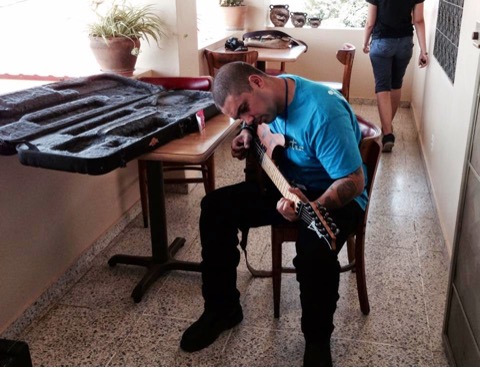Stones of Remembrance: Ali Llewellyn’s Story
Ali Llewellyn’s life looks like most people’s: normal and ordinary. On any given day, she remains busy managing two teams at NASA and co-running a consulting company doing strategy for missional organizations. She even recently co-published a book entitled What Comes Next? about Christian leadership with her friend and business partner.
It was in the middle of the ordinary, in August 2023, that Ali received a major shock: her doctor diagnosed her with cancer. Ali’s response, however, was anything but ordinary. She became determined to not let cancer slow her down.
“I wanted to put cancer in its proper place,” Ali said. “I wasn’t willing for it to be my whole story, nor even a detour. I wanted it to be just a chapter. I’m not going to let it take away the things I care about, and it doesn’t define the terms of my life.”
Despite loved ones and co-workers encouraging her to consider slowing down to let her body rest, Ali persisted in her work and in the callings God had placed in her life. Knowing deep in her soul the love, strength, and wisdom of God, she chose to continue following Him despite her life changing dramatically.
“Growing up in church, I was a dedicated over-achieving little girl who knew all the answers and did all the things,” Ali said. “Doing church is not the same as being saved, though. I ended up at a summer camp where the gospel was shared with me, and it was there that I knew that I knew that He loves me.”
Standing on the lakeshore at Camp Allen, Ali sobbed profusely as she felt the love of God wrap strongly around her. Standing there was a new daughter of God who knew she was secure in a relationship with Him. In return, she wanted to know Him, too. Upon returning home, she began to ravenously read God’s word with the knowledge of how deeply God loves her fresh in her heart.
Ali hasn’t stopped yearning to grow closer to her Father since then; nor has she returned to the “church kid” performance she embraced as a child. When she began attending Clear Creek Community Church in 2022, she dug roots into a community of friends and family. These were the very people who told her “You belong to us” and would prove pivotal in Ali’s life throughout the next few years.
One of these pivotal moments arrived one night in early 2024, the night before Ali was to start chemotherapy. “A friend brought over a giant pink shopping bag stuffed with items and gifts. It was a message of ‘Hey, sorry you’re in the club that nobody wants to be in but we’re here with you,’” Ali said.
One of the most significant items in that bag for her was a quilt with a prayer tag sewn in it, noting that it had been stitched by someone with stage 4 cancer. “I had never met her because it was just left on my porch,” Ali explained. “But it was so humbling that someone with even more advanced cancer turned around and made this for me.” For Ali, this was a gift truly needed the most the night before chemo: the reminder that God was with her and so was her church community.
Two weeks later at church, Ali was at worship – and having difficulty standing up in the service – when someone sat next to her. Miraculously, that person happened to be the anonymous quilter. They started a conversation about how that quilt served them both and prayed for each other.
“God plants those seeds of hope that will help you process and move forward in the journey,” Ali shared.
Later in the spring, another pivotal moment of community happened during an annual girls’ trip, which would involve hiking through a river gorge. Exhausted and weak from surgery, and with her short hair barely coming in, Ali wasn’t sure how the trip would go. She looked at the climb ahead and felt major doubts at being able to travel to the other side. Her friends, however, rallied around her and declared, “We’re going to do it together. No one fights alone.”
“I have a desk job, and I’m not athletic,” Ali said. “I wasn’t honestly sure if I could make it, but my friends wanted to make the climb with me and were there the whole time. At the end, I was so energized. They asked me why that was, and I just replied, ‘It was easy because we did it together.’ Things I couldn’t do before cancer, I could now do in the middle of it.”
Since her diagnosis, chemo, and surgery, Ali’s life has not radically changed like she thought it would (besides climbing a literal mountain). Her life did not stop, either, because of cancer. Her work and general life still remains the same as it was before.
“The gospel goes deeper in my own heart than I even knew,” Ali shared. “Cancer demonstrated the things I thought would end the world but didn’t. We all have a thing in our heart that says, ‘If I had to do that I’d fall apart.’ For me, it was chemo. When chemo was my only option, then it was losing my hair. When I lost my hair, I recognized God’s kindness in showing me that the things I thought would destroy me didn’t. With Him, I have everything that I need.”
Ali recognized that God used cancer to draw her closer to Him and to teach her new things. She doesn’t always understand or like the lesson itself, but she treasures it nonetheless.
God’s reminders for Ali are the reasons she hasn’t slowed down in her work or in God’s callings of her life, despite other’s pleas to do so. That’s how she climbed the mountain despite just having surgery.
“Cancer doesn’t define the terms of life. God does!” Ali said. “As long as I remember where faith belongs and don’t get freaked out along the way, there’s really nothing I can’t do. God says, ‘With Me, you can do anything.’”
To grow one’s faith, one’s perception of God must shift first. When she first received her diagnosis, and then later discovered that she has a genetic disorder that predisposes her to cancer, Ali had to change her perception of God in order to deepen her faith despite the events in her life that seemed to contrast her knowledge of God and faith.
“We live in a broken world where sin and cancer are consequences of the fall,” Ali stated. “God uses it for my good–to demonstrate to me that He is God, and I am not, and that He can be trusted. Do I believe God gave me a predisposed genetic condition for this? I don’t know. Again, God is God, and I am not. But I know this: more is within me than I knew. There’s more hope and faith in me than I knew.”
By sharing her story, Ali strives to provide comfort to those experiencing a major life change themselves or walking alongside someone experiencing a major life change, like cancer.
“If I could go back before all of this, I would tell anyone in a trial, ‘The more you can know God and know yourself is going to help you in that trial,’” Ali shared. “Read God’s word, be in a community, serve people, and worship. The more you can do that, the more you’re making a deposit in the inner man. Out of the overflow of our heart the mouth speaks. Deposit everything you can before the crisis.”
Ali also learned and valued the importance of leaning on other people in difficult times. She knows that there is no virtue in independence and that we were never made to be alone in our pain. She highlights the importance of the idea of community in the gospel itself.
“I was the first person to ask my doctor if I could drive myself to chemo,” Ali said. “I was always independent, so I didn’t like the feeling of needing help or being dependent. Whatever the crisis is, we need people. There’s something in a community response that is part of God’s intent. So, find your circle and let them help you even when you think you don’t need it.”
In an email update to her care circle, dated shortly after her diagnosis, Ali wrote: “We can’t choose our road, though; we can only choose how we walk it. So, I choose to have hope and pay attention to the lessons and the good things. I want to set up stones of remembrance so I don’t forget.”
“And those twelve stones, which they took out of the Jordan, Joshua set up at Gilgal. And he said to the people of Israel, “When your children ask their fathers in times to come, ‘What do these stones mean?’ then you shall let your children know, ‘Israel passed over this Jordan on dry ground.’ For the Lord your God dried up the waters of the Jordan for you until you passed over, as the Lord your God did to the Red Sea, which He dried up for us until we passed over, so that all the peoples of the earth may know that the hand of the Lord is mighty, that you may fear the Lord your God forever.” –Joshua 4:20-24 (ESV)
As Ali finishes up her treatments, she continues to set up stones of remembrance. She tries not to set up stones of pain, suffering, hopeless nights, or questions of why cancer is happening. Instead, she sets up stones of remembrance of who God is, what He has done for her, and what He will continue to do.
“God is not a vending machine; I don’t get to make a wish and get what I want. But I do get to know Him. When I listen and conform, what I get is Him. So, I win.”




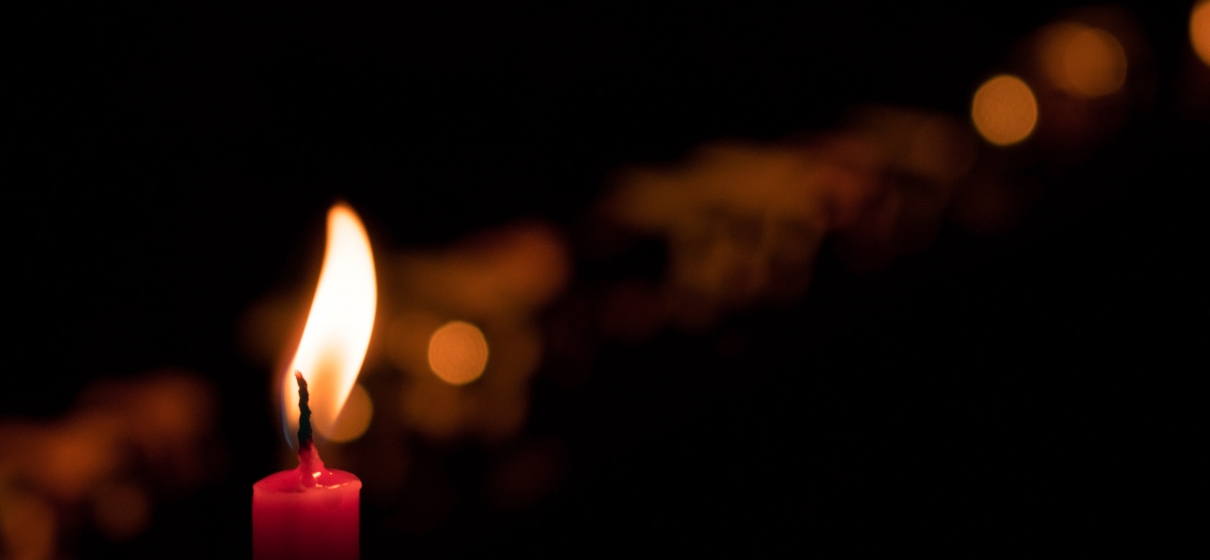

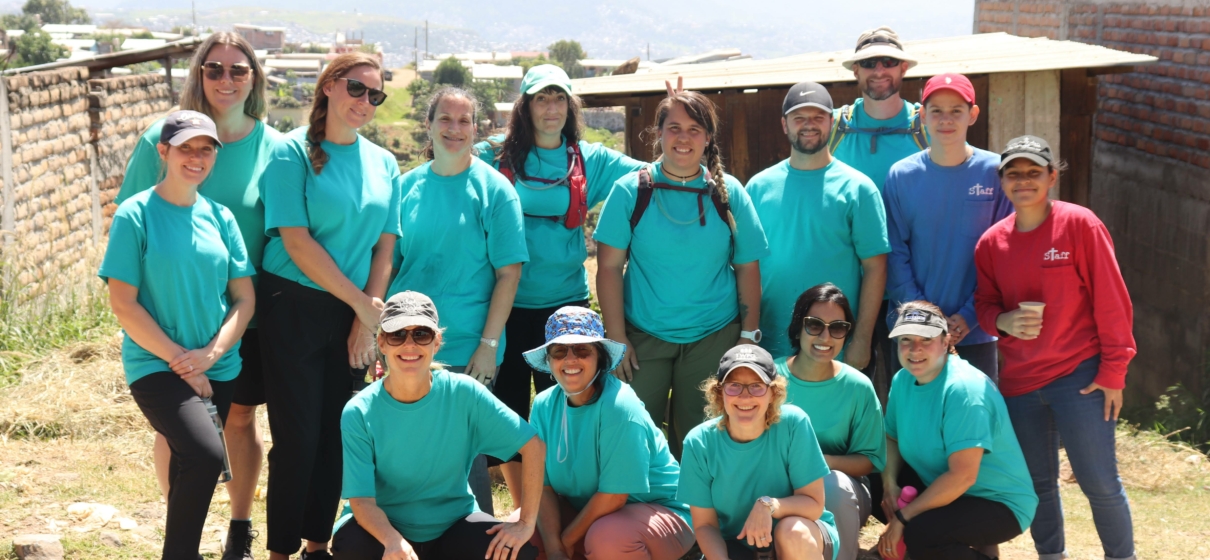
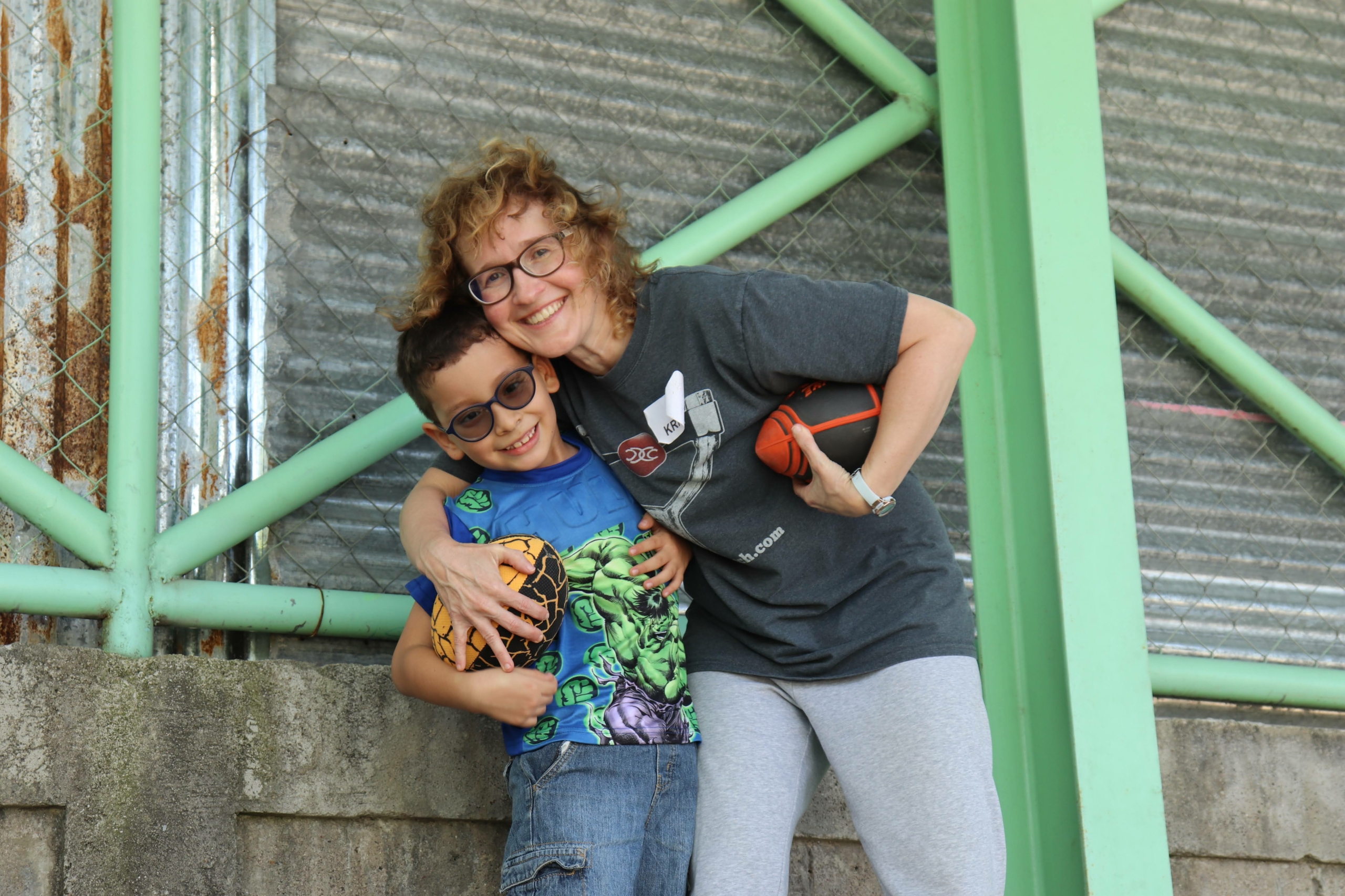
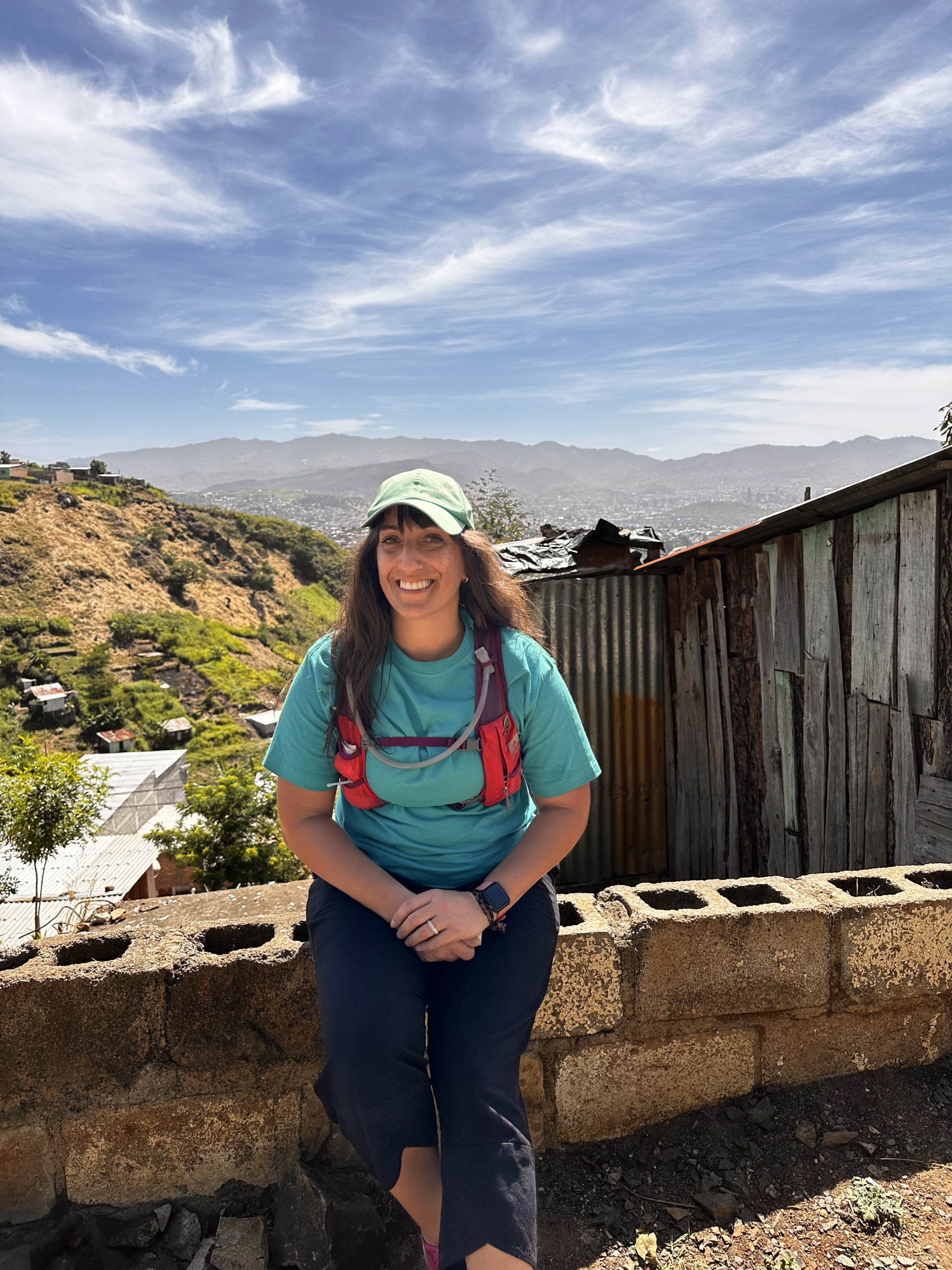 Maria Diaz’s experience of the pandemic was quite different from Krissy’s. As an ICU nurse, Maria’s work life became heavy and all-consuming. Long work hours, sickness, and death were all around. Isolation began to fill up the spaces that were once filled with friendship. When Covid caused all church services to go online, her feeling of spiritual community disintegrated. It was as though the spiritual wind was taken out of her sails.
Maria Diaz’s experience of the pandemic was quite different from Krissy’s. As an ICU nurse, Maria’s work life became heavy and all-consuming. Long work hours, sickness, and death were all around. Isolation began to fill up the spaces that were once filled with friendship. When Covid caused all church services to go online, her feeling of spiritual community disintegrated. It was as though the spiritual wind was taken out of her sails.